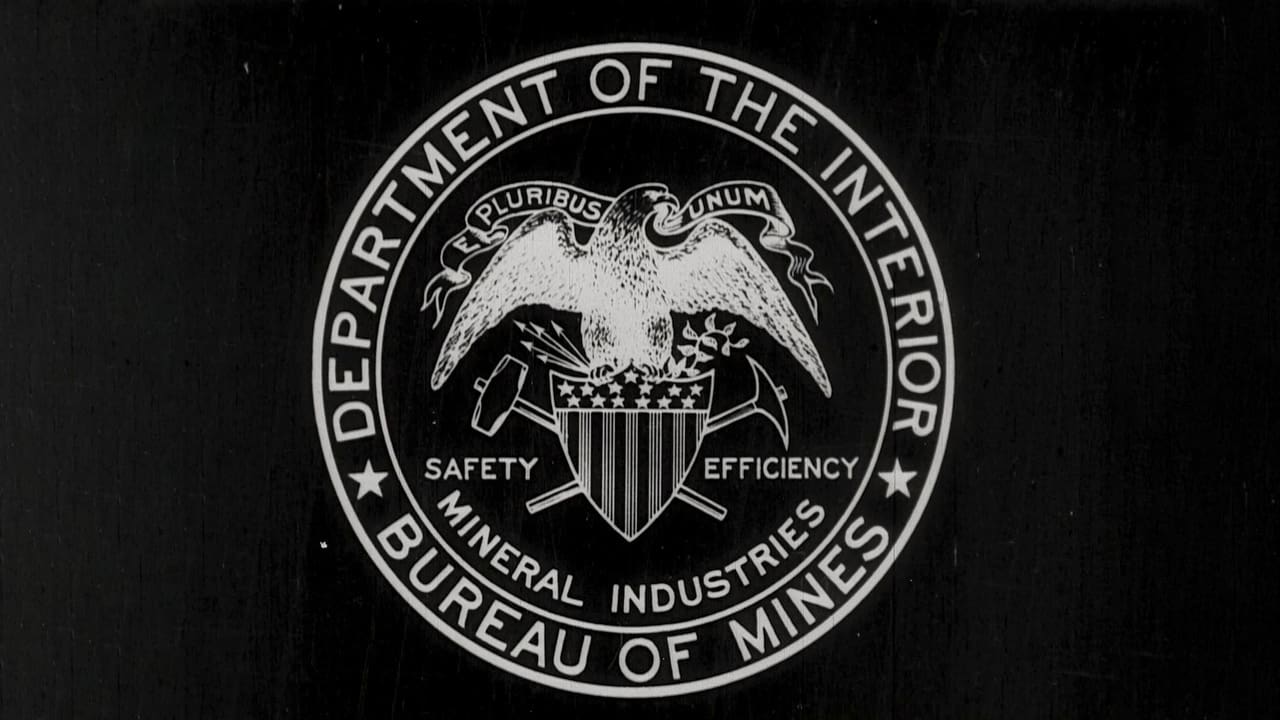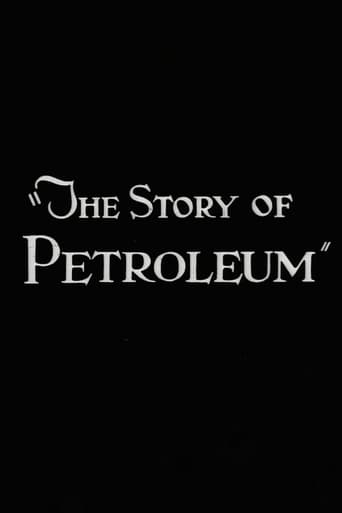


This short documentary by the Bureau of Mines is interesting for its historical footage. The first intertitle of this silent film reads: "This picture is from the film library of the UNITED SATES BUREAU OF MINES DEPARTMENT OF COMMERCE, Washingtom, D.C. It is one of many made under the Bureau's supervision to visualize various phases of the Mineral and Allied Industries." For reasons I can't explain I am always fascinated by very old pictures and films showing industrial plants and machinery of our great-grandfathers. That's what makes this documentary interesting for me. It does not dig very deep, but it gives a nice overview on the state of the petroleum industry at the beginning of the Twenties in the US. And it has a few animated sequences which are really cute.This is what happens in "The Story of Petroleum": We see a geologist doing surveying work. A derrick being built. The rigging up of the drilling equipment. The rotary drilling method is shown and explained using graphics. A shooter" lowers nitro-glycerine down a drilling hole and detonates it with dynamite. We see oil raining from the derrick and storage tank farms. Machinery driving the pumps in action. Worker camps. Huge diesel engines in casinghead plants. We learn how the pipeline system made transportation cheaper so the crude oil could be refined near consuming centers. We see a map of the pipeline system in the US. Pumping stations. We learn about the Go-devil", a device for cleaning the pipelines, and the men who ran along the pipeline to keep track of it. We see a new pipeline being laid, a dozen men or so working to the beats of the foreman hammering on the pipe. A pipeline is laid across the Red River. Samples are being drawn from the end of a pipeline at East Chicago - oil quality is determined by simply spilling some on the ground. We get a near 360 degree shot over a huge fuming refinery. Ther process of distillation is nicely explained by a short animated sequence. Oil waggons, trucks and service stations of Sinclair Oils" in action. We learn what becomes of a barrel of crude oil.
... View More